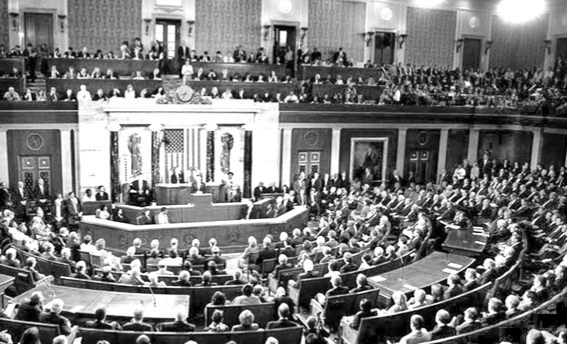As the nation watched Washington duke it out over the healthcare reform bill, one of the most significant pieces of higher education legislation to pass in years was overshadowed. The sweeping student aid portion of the budget reconciliation legislation divided the House floor in a depressingly partisan debate, but was eventually approved by a vote of 220 to 211. The Senate is expected to pass the legislation within a week. For many students, these provisions will significantly impact students more immediately than that in the healthcare reform. However, the bill isn’t quite what President Obama hoped for in terms of a student loan overhaul.Previously, the federal government paid fees to private banks and lenders, which in turn serve as mediators in issuing student loans. Essentially, these were subsidized loans that kept interest rates low for students. The legislation, H.R. 4872, would shift all lending from the bank-based Federal Family Education Loan Program to the Direct Loan Program, where the funding comes directly from the federal government. In other words, the federal government would be the originator of all assistance loans.Rich Williams, a higher education associate for the U.S. Public Interest Research Group, approved of the changes to removing wasteful spending and providing immediate course of action.”In a student aid system that has been de-prioritizing federal grant programs, this bill will remove wasteful and unwarranted middleman subsidies that are currently going to [private] banks and lenders and direct that money to student grant aid. This investment will provide immediate relief for millions of students who might otherwise abandon their college aspirations or drop out of college altogether when forced to rely on loan debt to pay for it. In addition, the legislation implemented President Obama’s fiscal year 2010 budget proposal, which aims to lower monthly payments for students loans from 15 to 10 percent of discretionary income, to lower maximum repayment period from 25 to 20 years, and from 25 to 10 years for those entering a public service careers. These changes only take affect on loans issued after July 1, 2014.While the legislation lacks the ambition of last year’s version – most notably the billions of dollars that would be used to expand the Perkins loan program or fund student loan payments, community colleges, and various grants – the demands of the Pell Grant program will be able to be met by the federal government.The Pell Grant program is an educational federal grant program sponsored by the Department of Education. The Pell Grant does not require repayment and is awarded based on the number of credits enrolled per semester and financial need as defined by the FAFSA criteria.With the changes to the student loans, the Congressional Budget Office estimated a savings of $68 billion. The Pell Grant Program will be primarily funded by the $40 billion allotted to higher education.The maximum award in 2010-2011 will be $5,550 and will remain unchanged in 2011-2012 and 2012-2013. The Pell Grant is expected to be $5,900 in 2019-2020. Over the span of the decade, the $350 increase parallels with a typical annual increase and fails to keep pace with tuition inflation.Each year more than $60 million in financial aid is awarded to UMass Boston students. Of this figure, approximately $22 million is in the form of waivers and grants, $1.5 million is in employment, and $40 million is in the form of loans.For students who seek outside financial aid, opportunities for scholarships or loans will not be diminished by the change to eliminating private banks and loaners or by the increase of funding to the Pell Grant program.





















































